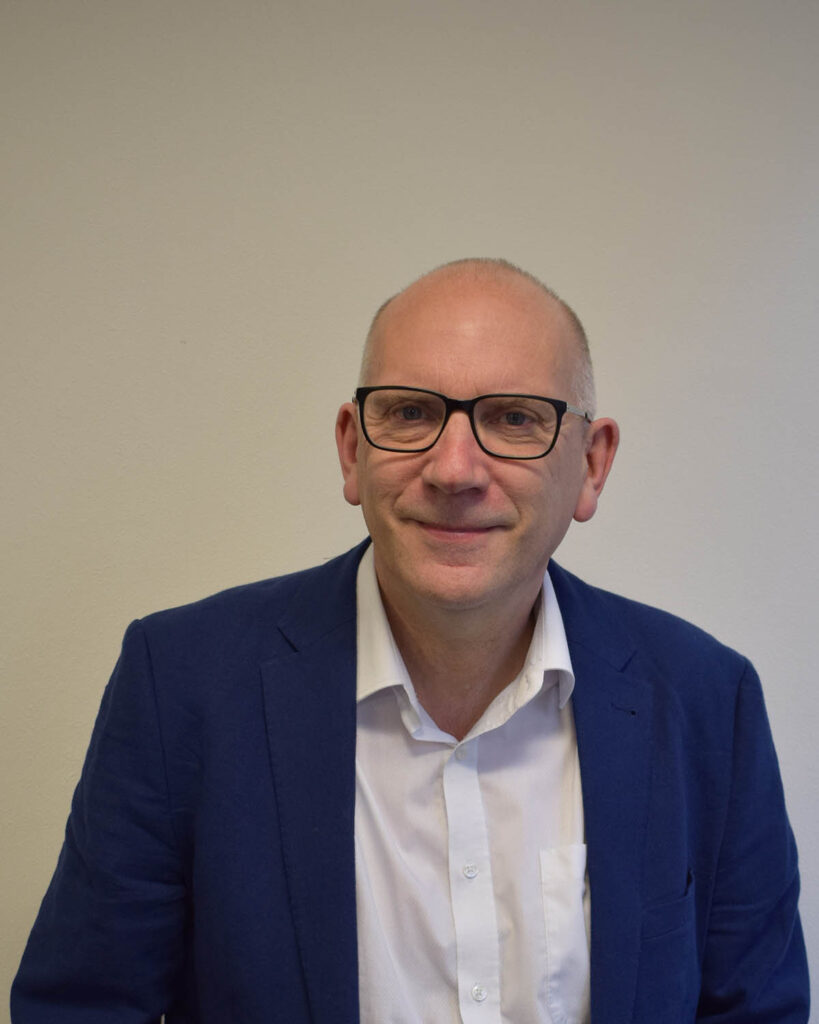
A couple of weeks ago, he invited me to a book launch in November. I explained that I would be travelling to New York but promised to buy the book and read it on the plane. Amazon already had “Creating Social Enterprise” in stock and a train journey created the opportunity to get stuck into it right away. It proved hard to put down and I quickly concluded that it deserves the “If you read only one business book this year, read this” accolade. Scrutiny of the spine shows the publisher to be Patrick’s own company[3], so I doubt whether it will get the push (although it would from any self-respecting business book publisher) in the direction of the shortlisting for FT Book of the Year 2024 that it deserves .
While I was studying for an MBA at the Stanford University Graduate School of Business and serving my apprenticeship at McKinsey, Patrick was doing alternative stuff and getting his first taste of commercial life at Nova[4], a whole food co-operative in Bristol. He drove the company van, turned the handle on the trail-mix mixer, learnt a range of valuable lessons about people, customers, marketing, margin management, cash-flow, risk, systems implementation – loads that you have still to learn when you graduate from Harvard, Wharton or LBS – and, importantly for his own development, undertook a crash course in double entry book-keeping (something I did learn in the first term at the GSB) from his father when the founder’s ill-health meant he had to step back from the business at short notice.
Scarred by the experience of putting Nova’s stock system onto computer (Patrick’s Learning#8 in the book is “Never Trust ‘should’” as in “This should work” or “It should be ready by then”) and burnt out by three years without a holiday, he took a spell away from work. A few months later, he discovered the Findhorn Community. Most people are drawn to Findhorn in the search for a more spiritual focus to their lives but Patrick was sufficiently intrigued by a conversation with its finance director that he joined it to work in its accounting and finance department. Rather than finding himself spiritually, he stayed on to lead the project to develop its Ecovillage (the first homes were built from giant whisky barrels), where he “learned much of the complexity of running organisations, raising funds, creating multiple corporate structures and leading teams”. During his ten years with Findhorn, Patrick learned a lot more about running a successful business, not least about managing external and internal stakeholders. He describes this time as a “significant phase in my social enterprise journey. Many of the skills I have deployed as a social entrepreneur were developed there”. But lessons and consequent skills are not just for the social entrepreneur, most of them translate into any enterprise, public or private, large or small, and independent of industrial sector.
Although Patrick has established twelve social enterprises, charities and values-driven businesses in all, his greatest achievement was establishing Connect Assist, a specialised 24/7, outsourced call centre supporting multiple clients from the public, private and third sectors (including Versus Arthritis where I spent 8 years as a trustee), employing over 450 people in a part of south Wales where employment has still not recovered from the demise of coal mining. The third part of Creating Social Enterprise tells how Patrick developed a string of businesses that evolved into Connect Assist after first joining the Teachers’ Benevolent Fund, a charity operated for the teaching unions. In this role he took the lead in some tough decisions, including closing TBF’s legacy residential homes for retired teachers (he is the first to call out the case for closing businesses that are loss making and no longer fulfil their purpose) and pivoting the organisation to become a telephone counselling service, setting him on the path towards establishing Connect Assist.
Patrick has great stories to tell, including how, along the way, he had the Dalai Llama as his boss when, for a few years in between the big projects that are the meat of Creating Social Enterprise, he was CEO of the Tibetan Relief Fund. He tells tales of scrapes with the law as a twenty-something driving a whole-foods van around the country, when the grass roof of a house in the Ecovillage bursting into flames, and the thrill and relief at securing financing for assorted projects at the eleventh hour. These come across with a freshness as though they only happened yesterday rather than ten, twenty, thirty or even forty years ago.
He has built the account of his career around no fewer than 44 learnings, drawn out at the end of each chapter and recapped at the end of each of the three major sections of Creating Social Enterprise. Most, if not all, are relevant to anyone who picks up the book. As someone who preaches the importance of purpose and values to a business (as part of the Dark Matter that makes organisations more than the sum of their parts) I turned the page corner down at Learning#3: Align values and commercial interests. I did the same at Learning#38: Empathy is the new superpower, as I have no doubt that being able “to understand another person’s thoughts and feeling is a situation from their point of view, rather than your own” is essential to effective leadership based on trust. And his observance of the final sign-off learning, Learning#44: Moving on when it’s time to leave was the one that positioned Patrick for life after Connect Assist where, from the comfort of home on the Pembrokeshire coast, he could join me in our support to the young founders of Tranquiliti and find time to write Creating Social Enterprise.
[1] ISBN 978-1-3999-47-6 www.creatingsocialenterprise.o.uk
[2] Tes invests in fast-growing tech to transform pupil wellbeing | Tes
[3] Enterprise Values – Enterprise Values
[4] Still thriving: see Essential Trading Co-operative Ltd | Welcome (essential-trading.coop)